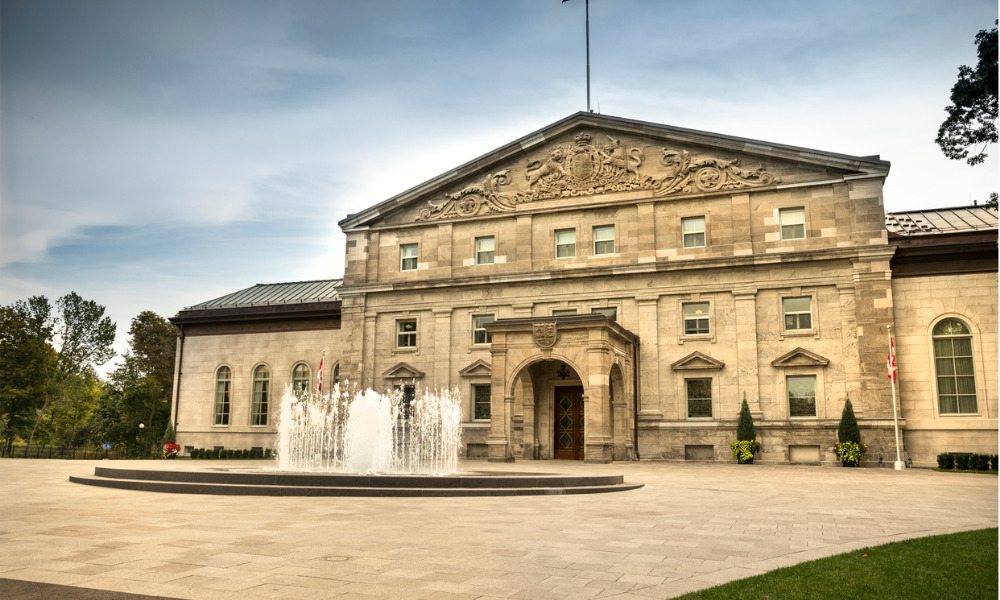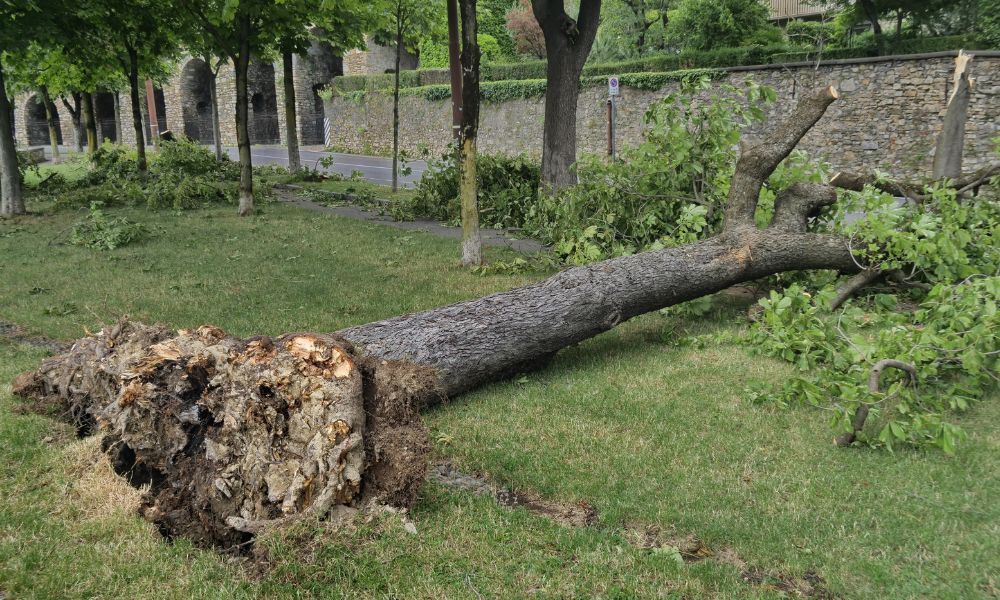Sources allege that the former Gov. Gen. created a toxic work environment

Last week, Julie Payette resigned as Canada’s Governor General following a string of claims alleging workplace harassment at Rideau Hall (the official residence of the monarch and their representative, in Ottawa).
In a statement, Payette said: “Everyone has a right to a healthy and safe work environment, at all times and under all circumstances. It appears this was not always the case at the Office of the Secretary to the Governor General. Tensions have arisen at Rideau Hall over the past few months and for that, I am sorry.”
In July 2020, CBC News broke the story that several staff members had left Rideau Hall, alleging verbal harassment and bullying by Payette.
In the bombshell report, CBC cites an anonymous staff member who said that they were berated by the former governor general to the point of tears. According to various reports at the time the news came to light, a number of claims surfaced surrounding allegations that the Gov. Gen. had created a toxic workplace.
Payette “created a toxic workplace by yelling at, belittling and publicly humiliating employees,” said a source to CBC.
Read more: Bill C-65: Understanding federal harassment and violence guidelines
In September 2020, the Privy Council Office said that it had hired Quintet Consulting to investigate alleged workplace harassment at the office of Canada’s Governor General.
On January 21, 2021, sources told The Globe and Mail that this report – which at the time of writing has yet to be made public – had presented damning findings to the PM, leading to Payette’s resignation.
Supreme Court Chief Justice Richard Wagner will fill in for Payette temporarily whilst the PM searches for a replacement. The governor general is the representative of the head of state, Queen Elisabeth II, in Canada. Though largely a ceremonial position, they are the monarch’s representative and as such the official head of state in the monarch’s absence.





